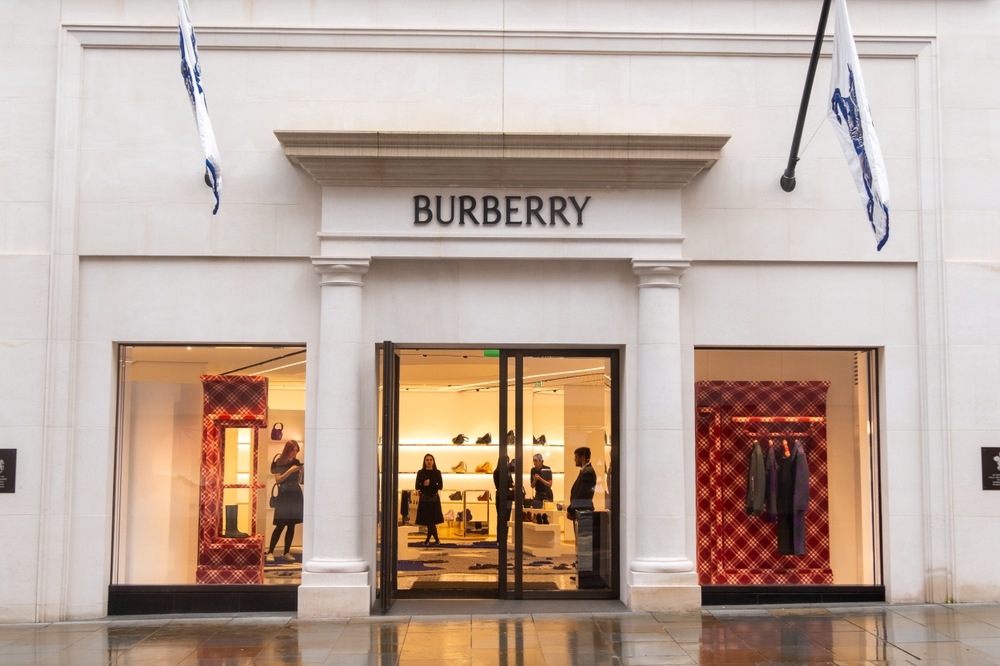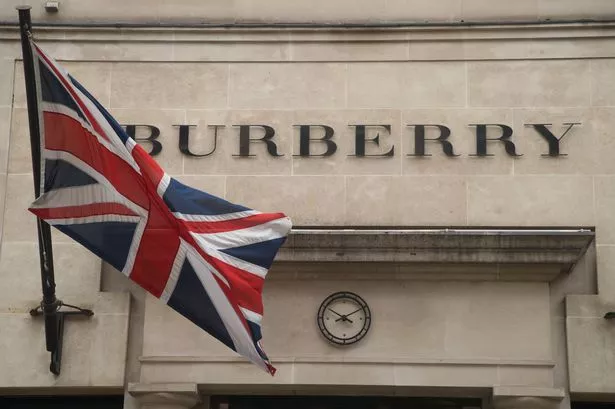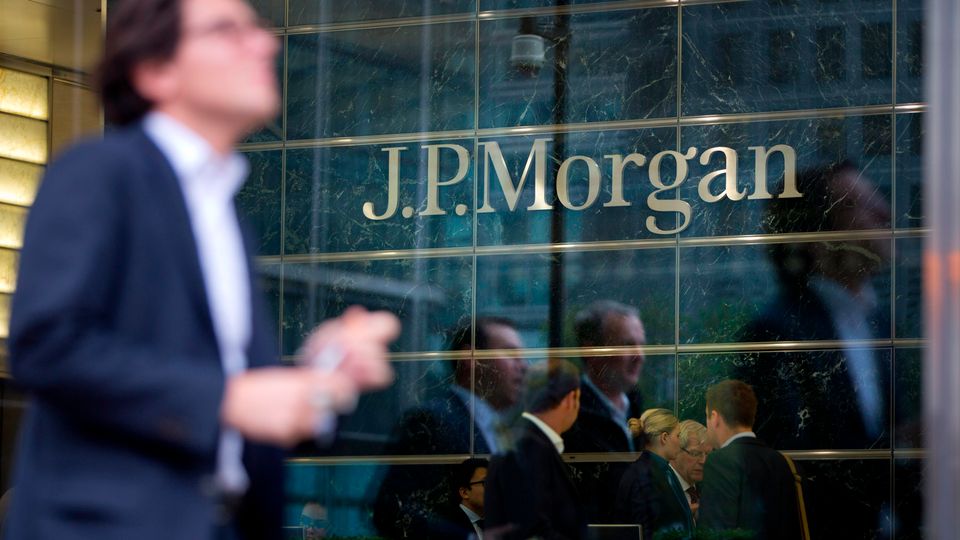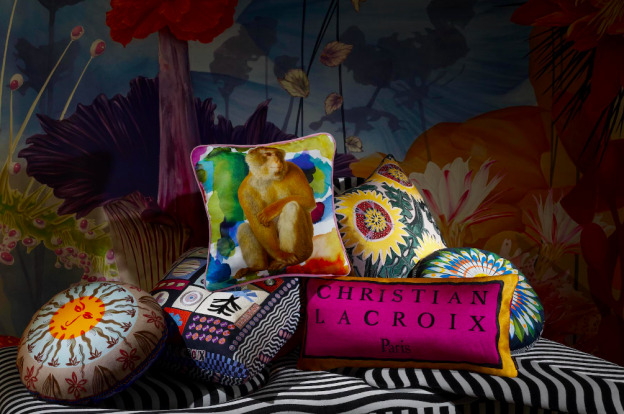
British luxury fashion label Burberry has lost its spot in London’s FTSE 100 and will enter the FTSE 250 index, with the changes to take effect from the start of trading on September 23, according to a statement released Wednesday by the London Stock Exchange.
Worst performer
The 168-year-old retailer has been facing challenges such as a slowdown in sales, recent suspension of dividends, changes in strategy, and a slump in shares that led to a poor result in the actual review of all FTSE UK indices.
Burberry shares closed 4.53% lower at $819.10 (£623.20) Wednesday. On a year-to-date basis, its share price is down more than 55% and over 71% in the last 12 months.
The high-end luxury fashion retailer’s current market cap of $3.06 billion (£2.33 billion) now puts it well below the other constituents of the FTSE 100 and even some of the FTSE 250’s top performers. Once the changes take effect, funds that invest in the FTSE 100 will relinquish their Burberry holdings.
FTSE reshuffle
The Bermuda-headquartered insurance provider Hiscox will replace Burberry in the top-tier index, FTSE 100. The company’s share price rose 13.7% in the year to date, taking its market value to $5.35 billion (£4.07 billion) as of September 4, 2024.
Last year, Hiscox also joined the FTSE 100 rankings, but it was short-lived as it slipped just after seven months of joining the blue-chip gauge.
Tech company Raspberry Pi Holdings will join the FTSE 250 along with Burberry. Burberry has been on the FTSE 100 for 15 years.
Disappointing results
Burberry’s comparable store sales for the quarter ended June fell 21%, with retail revenue coming in at $602 million (£458 million), down 22% from the previous corresponding period.
According to the fashion retailer, it has been operating against a backdrop of slowing luxury demand with all key regions impacted by macroeconomic uncertainty. All regions posted a decline in sales, except Japan, which posted a 6% growth. Asia Pacific decreased 23% with Mainland China down 21%. Similarly, South Asia Pacific dipped 38% and South Korea decreased 26%.
Burberry sales in Europe, the Middle East, India, and Africa (EMEIA) edged down 16% with local spend deteriorating compared to the last quarter. The company said tourists accounted for just over half of retail revenues but declined by a high single digit percentage.






